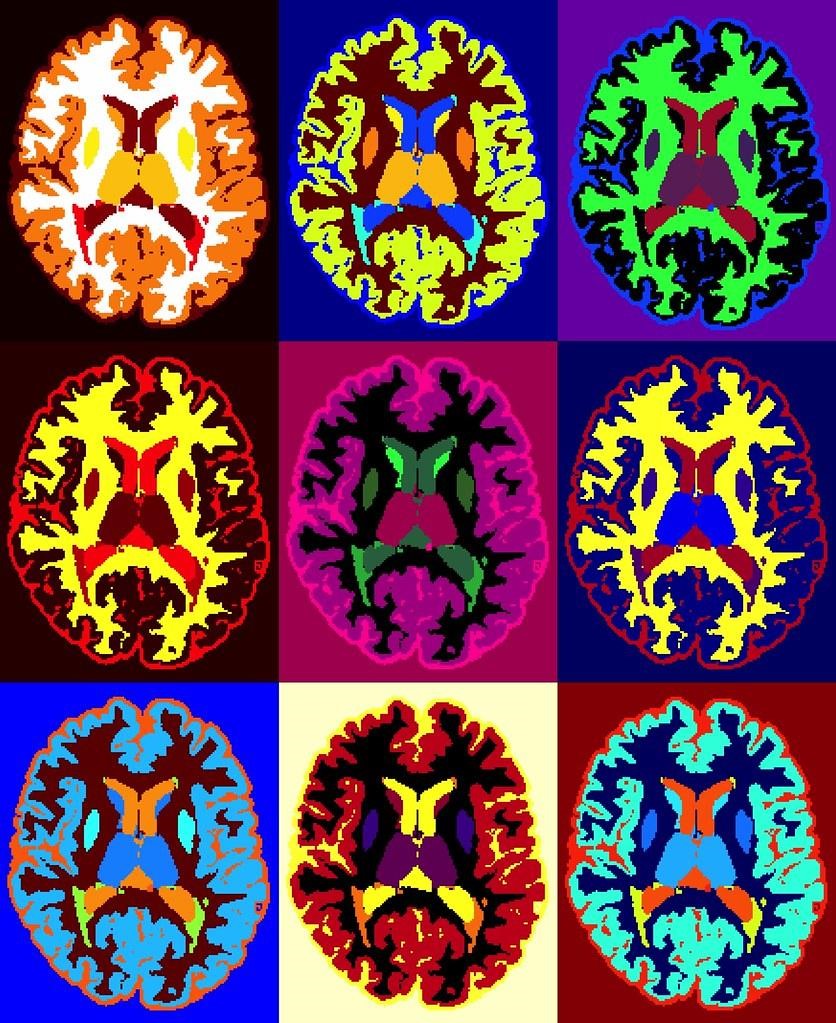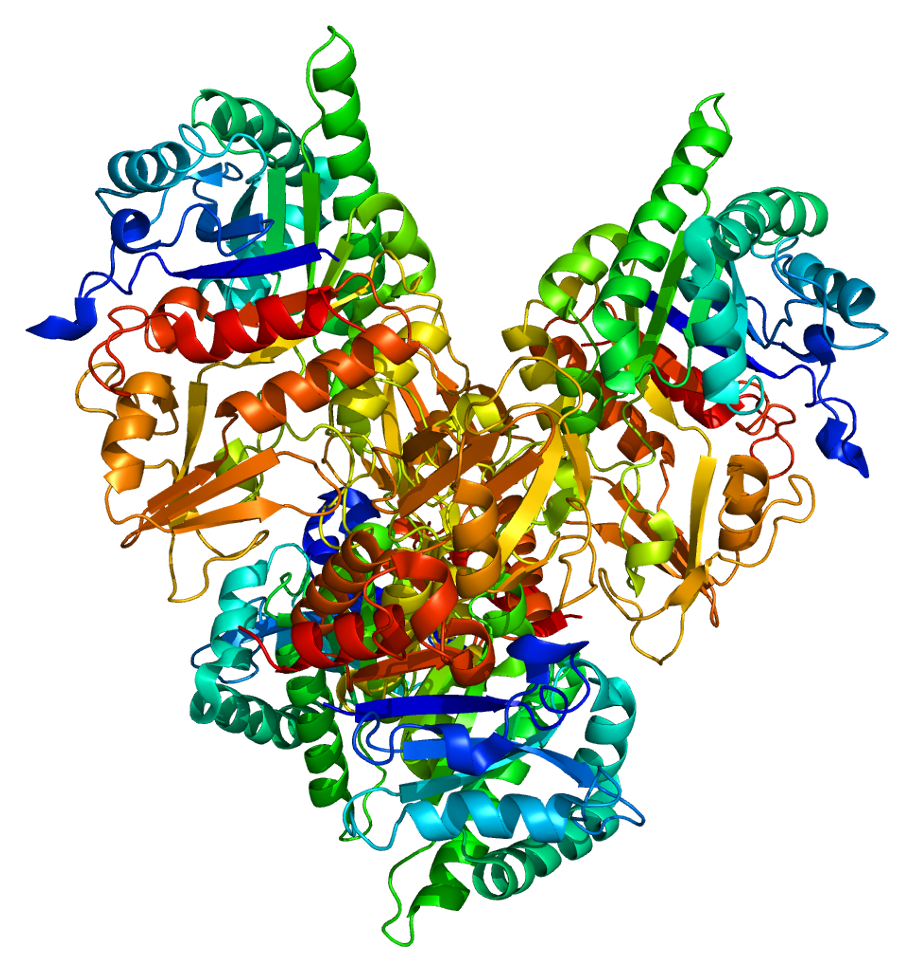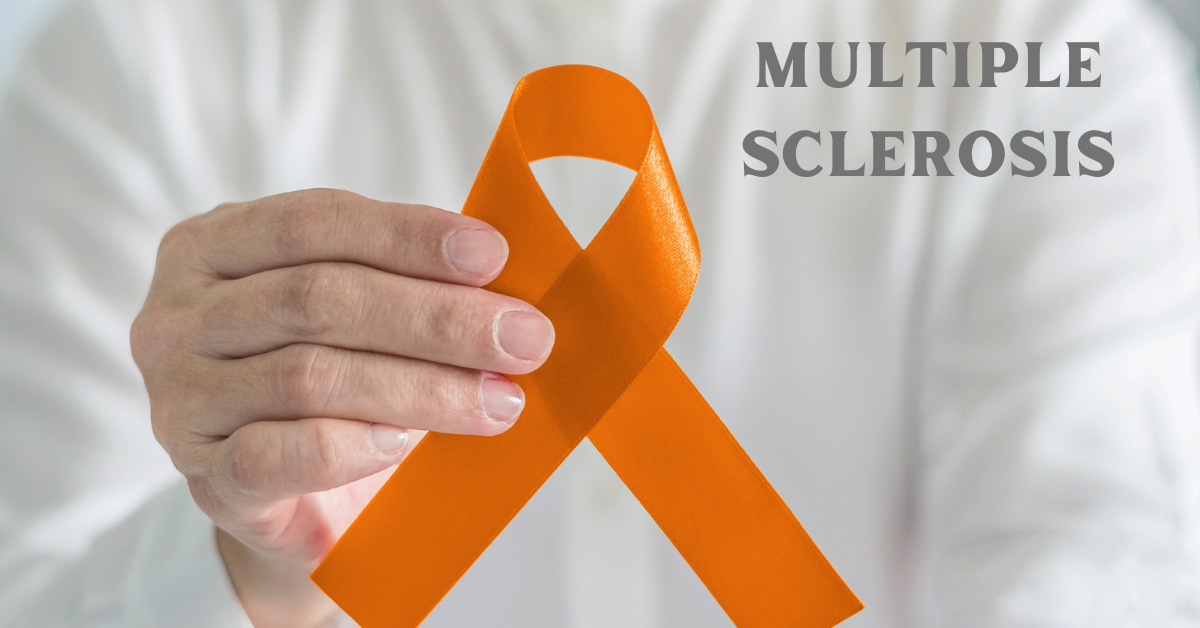Ketogenic Diet in the Battle against Multiple Sclerosis

The sensitive topic of multiple sclerosis can affect families and individuals differently. For those with close family or friends that received a diagnosis of multiple sclerosis, it can be devastating and disheartening. Depending on the severity and the length of time a person has been experiencing symptoms will also determine a person’s will to fight against the disease.
Multiple Sclerosis damages the protective covering of nerves, which leads to communication problems between the brain and the body. Some symptoms include numbness and problems with balance, movement, vision, and memory problems.
There are some interesting studies around multiple sclerosis and the management of the disease pertaining to mice. The human trials for multiple sclerosis management and keto diets have not been studied as thoroughly. The science that does exist is very interesting and supports this low carb, high healthy fats diet as a recommendation for sick people.
The anti-inflammatory benefits of keto and how they can increase overall health

It is no secret that reducing inflammation is essential to overall health and bodily functions. Most of us live with inflammation, and we don’t even know it. When something is imbalanced in our bodies, we have the incredible ability to ignore it or learn to live with the discomfort.
The good part is that we do not have to live uncomfortably! We can all feel better, and when we feel better, we act better, think better, and live better.
Uncovering Three Medical Studies with Keto and MS
The gut-brain connection is undoubtedly the most significant reason to change your diet and nutrition. When our bodies and organs function correctly, we yield better results in our lives.
Nutrition is the most significant factor for successful weight loss, emotional stability, and overall health. The micronutrients that we nourish our body with supply cushion to our joints, vital nutrients to our brains, and help our bodies get rid of waste properly.
Another fantastic benefit of knowing good food and eating great food is the energy we receive. How do you feel after eating at a restaurant, then saying yes to dessert and eating that too? How does your body feel when you eat a salad with avocado and nuts and a dressing made from scratch? I’m guessing better after the salad. With less guilt, less bloat, less energy expended from your body trying to process non-nutrient-dense foods.
When we eat clean, we have great energy, more mental clarity, and more motivation to go at life with vitality!
Our nervous system functions better when thriving in a healthy, stable environment.
Our blood flows properly, and our cells regenerate in a timely fashion. Humans are fantastic; our bodies and brains are very complex; let’s not take it for granted. But instead, appreciate the incredible minds and muscles that we’re blessed with. When is the last time you woke up feeling great, not groggy?
There are quite a few studies that surround keto and multiple sclerosis.
Multiple sclerosis is a sickness that affects the nervous system. It is debilitating, life-changing, and can severely change the course of an individual’s life.
Here are 3 studies using nutritional ketogenic diets on Multiple Sclerosis patients that have been done with humans and on mice.
The first medical study that I found focused on the satiating effects of a ketogenic diet and its impact on muscle improvement and oxidation state in multiple sclerosis patients:
1. Hunger hormones and their impact on muscle function

Here is an overview of that study:
The Background: Research has proven that Multiple Sclerosis generated energy alterations at the mitochondrial level related to the loss of muscle mass. Ketone bodies, mainly beta-hydroxybutyrate (BHB), re-establish this energy alteration causing satiety, changes in body composition, and a decrease in hormone-dependent hunger, such as ghrelin.
Satiety is a state of noneating, characterized by the absence of hunger. Which follows at the end of a meal and arises from the consequences of food ingestion.
The aim of this study was to establish possible improvements in body composition and the level of oxidation in patients with MS, by means of the satiating effect of a ketogenic diet.
Methods: A pilot study was carried out with 27 MS patients who were given a Mediterranean caloric and ketogenic diet for 4 months. Anthropometric measurements, as well as satiety and hunger perception (VAS scale), were taken. In addition, BHB and paraoxonase 1 (PON1), as an oxidation marker, were measured by spectrophotometric automated assays, and ghrelin was determined by an enzyme immunoassay in the serum. All measurements were taken before and after the intervention.
Results: A significant increase in satiety perception at lunch and dinner and BHB in the blood was obtained. Hunger perception decreased significantly at lunch and dinner with similar levels of ghrelin. In addition, a significant increase in lean mass and PON1 was observed. To our knowledge, this is the first study addressing improvements in body composition, oxidation state, and metabolism in MS patients based on the satiating effect of a Mediterranean isocaloric diet.
Conclusion: A ketogenic diet increases lean mass and decreases inflammation and oxidation, possibly due to an increase in satiety and decrease in hunger in MS patients.
2. Inflammation and Memory Improvements Study

One Study of MS in a mouse found that a ketogenic diet suppressed inflammatory markers. The reduced inflammation led to improvements in memory, learning, and physical function. As with other nervous system disorders, multiple sclerosis reduces the cell’s ability to use sugar as a fuel source.
A review of this particular study discussed that ketogenic diets’ potential to assist with energy production and cell repair in MS patients was significant.
Additionally, a recent controlled study of 48 people with MS found significant improvements in quality of life scores, cholesterol, and triglycerides in the groups who followed a ketogenic diet or fasted for several days.
3. MCT Oil, Keto, and MS
This study’s objective was to investigate the feasibility of a modified MCT-based ketogenic diet and its impact on plasma BHB. Multiple sclerosis outcomes compared to a modified Paleolithic diet and usual diet in people with Multiple Sclerosis.
METHODS: Fifteen individuals with MS were randomized to 3 groups:
1) modified Paleolithic diet (Paleo; n = 6);
2) medium-chain triglyceride (MCT)-based ketogenic diet that included coconut as a fat source (Keto; n = 5)
3) usual diet (Control; n = 4).
Participants had blood drawn every 4 weeks to monitor nutritional ketosis. Participants completed 4-day weighed food records, measures of disability, fatigue, quality of life (QoL), cognitive function, and physical function at baseline and 12-weeks.
The Results:
Macronutrient intake significantly shifted toward a ratio indicative of a ketogenic diet in the Keto group at 12 weeks. Similarly, plasma beta-hydroxybutyrate indicated nutritional ketosis in the Keto group, whereas neither macronutrient intake nor plasma beta-hydroxybutyrate indicated nutritional ketosis in the Paleo and Control groups. The Paleo group had significant within-group reductions in fatigue scores and maintained cognitive function scores compared to the Control group. The Keto group had significant reductions in fasting glucose and insulin compared to baseline values; however, no clinical outcomes significantly changed.
CONCLUSIONS: Participants consuming the MCT-based ketogenic diet achieved nutritional ketosis. However, it was not associated with significant clinical improvement in this study, whereas the modified Paleolithic diet was associated with significant clinical improvements. To determine the safety and efficacy of the modified Paleolithic and MCT-based ketogenic diets on MS, it needs larger randomized controlled trials.

People that follow this method can experience the most significant impact. The medical studies around keto and multiple sclerosis are exciting. It undoubtedly proves that the keto diet positively impacts brain function, muscle function, and hormonal impacts on the body.
There is no cure for multiple sclerosis.
People with MS live with their circumstances. As well as receive medical IV treatments. There may be a way to help lessen the burden of living with this chronic disease by choosing the proper diet. Hence, my exploration of ketogenic diets in relation to MS.
The most intriguing facts that have been collected from these medical studies include the study of ketone bodies. How they alter energy, causing satiety, changes in body composition, and a decrease in hormone-dependent hunger, such as ghrelin.
I wondered what all of this medical nonsense meant the first time I read it. Keto means loading healthy fats and minimal carbs, I recalled. This diet provides everything your body needs, keeping your hormones happy and level, and sometimes suppressing your appetite.
Usually, people who begin a keto diet eventually end up practicing fasting and intermittent fasting. Simply because they are not hungry. This achievement is satiety.
Satiety is a state of noneating. Characterized by the absence of hunger, which follows at the end of a meal and arises from the consequences of food ingestion.
Hormones such as ghrelin create hunger. Nutritional ketogenic diets can help manage these hunger hormones because of their high fat, moderate protein, minimal carb load. This sparks another deep dive into the body, the gut, rebalancing and reconsidering our entire way of life.
THE IRREFUTABLE BENEFITS

There are many potential benefits of eating keto:
- The ketogenic diet has antioxidant and anti-inflammatory qualities. Attributed mostly to the high nutrition quality of food. Avocados, fatty fish, berries, to name a few.
- Keto protects against various forms of cell death.
- Ketones act as an alternative energy source during metabolic stress, allowing your mind and body to have a significantly smaller reaction to life’s unwanted surprises.
Nutritional ketosis reduces the toxic effects of the amino acid glutamate. Dysmyelination is associated with high levels of glutamate. It’s a type of nerve damage, and disease activity or relapse in people with MS.
The nutritional ketogenic diet plan provides many medical benefits for a number of disease and disease prevention purposes. The medical community is warming up to implementing dietary changes as the main focus in treatment plan options. Nervous system disorders and other neurodegenerative illnesses can be prevented and avoided through lifelong whole food nutrition.
Whole food, raw foods, nutritional healthy fats that supply our brains and bodies with an alternative form of energy aside from glucose is the best way to live. Some people exist for their entire lives without possessing the knowledge of what great food is. Sometimes it is a life-changing diagnosis that clears ambivalence and allows people to start receiving the correct information.
Discover Your Personal Path
Candidates for dietary intervention are individuals that live with chronic illness develop diabetes or become obese. Food determines 80% of what we look like physically, how we feel about our bodies, and what our overall energy levels are throughout the day.
What you eat daily, how much, what your activity levels directly impact your health and well-being. Making better choices is easy to preach but very difficult to practice consistently. This is why the fitness industry is booming, there is no shortage of individuals that simply do not understand food and how impactful it can be.
Here is a secret, every time you eat or make a decision on a menu, think about what you are choosing. Is it healthy, lean and did you choose vegetables as a side? Or, when you are shopping for your family, stay away from convenience foods. These thoughts and actions will make a huge difference.
Your life will change a little. Food prep will become a priority, and every time you go to a vending machine or out for lunch or dinner, you will think about what is going into your mouth. Sometimes, that first initial decision to focus on what we’re putting in is the most impactful.
We can all live healthier and make more nutritionally sound choices.






